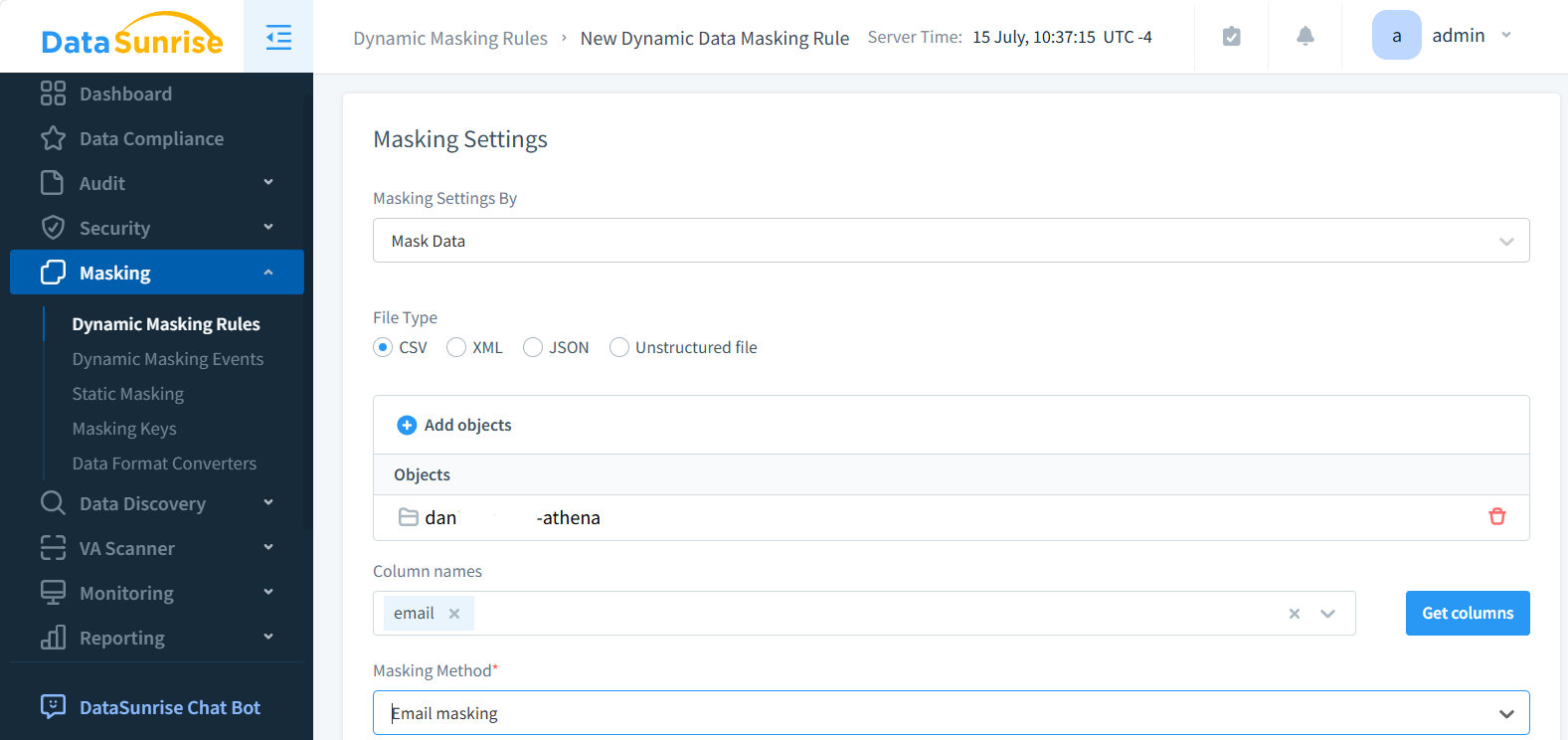
What is JSON?

In today’s data-driven world, efficient data exchange is crucial. JSON, or JavaScript Object Notation, has emerged as a popular lightweight data interchange format. This article will delve into the basics of its applications, and why it’s become a go-to choice for developers and data professionals alike.
Introduction
JavaScript Object Notation is a text-based data format that’s easy for humans to read and write, and simple for machines to parse and generate. This text file, originally derived from JavaScript, has become language-independent and many programming languages now use it.
| Format | Readability | Use Cases |
|---|---|---|
| JSON | High | Web APIs, Config files, NoSQL DBs |
| XML | Medium | Enterprise data exchange, SOAP APIs |
| YAML | Very High | Config files, Data serialization |
| BSON | Low (Binary) | MongoDB, High-performance data storage |
| Protocol Buffers | Low (Binary) | High-performance data exchange |
| Avro | Low (Binary) | Hadoop ecosystem, Data serialization |
| Parquet | Low (Binary) | Big data processing, Columnar storage |
| ORC | Low (Binary) | Hadoop ecosystem, Data warehousing |
| HDF5 | Low (Binary) | Scientific computing, Large datasets |
| TOML | High | Config files |
JavaScript Object Notation is a data format that uses human-readable text to store and transmit data objects. These objects consist of attribute-value pairs and arrays. Its simplicity and versatility have made this format a popular choice for data exchange in web applications and APIs.
DataSunrise supports masking and discovery of sensitive data in JSON and CSV files stored in cloud-based storage systems. We employed advanced machine learning techniques to detect and process sensitive data in various types of storage systems.

Serializing and Deserializing Data
One of key strengths is its ability to serialize and deserialize data easily. Let’s explore these processes:
Serialization
Serialization is the process of converting a data structure or object into a format that can be easily stored or transmitted. In the context of this chapter, this means converting data into a formatted string.
To validate and format the data in a readable manner, use formatting tools like this.
Here’s a Python JSON example of serializing data:
import json
# Data to be serialized
data = {
"name": "John Doe",
"age": 30,
"city": "New York"
}
# Serializing
json_string = json.dumps(data)
print(json_string)This will output:
{"name": "John Doe", "age": 30, "city": "New York"}Deserialization
Deserialization is the reverse process, converting data back into a native data structure (objects in object-oriented languages). Here’s how you can deserialize the text data in Python with simple JSON parser:
import json
# String to be deserialized
json_string = '{"name": "Jane Smith", "age": 28, "city": "London"}'
# Deserializing and accessing by the field name
data = json.loads(json_string)
print(data["name"]) # Outputs: Jane SmithData Specifics: Structured or Unstructured?
Data in this format is semi-structured. It’s more flexible than strictly structured data (like relational databases) but has some inherent structure unlike completely unstructured data (like raw text).
Semi-structured data flexibility allows it to represent complex data structures while maintaining readability. This makes it ideal for scenarios where data schemas might evolve over time.
Popularity in NoSQL Databases
NoSQL databases, like MongoDB, often use JSON formats to store data. There are several reasons for this:
- Flexibility: JSON’s schema-less nature allows for easy modification of data structures.
- Readability: It is human-readable, making it easier for developers to work with.
- Performance: Many NoSQL databases can work directly with JSON data without needing to deserialize it, improving performance.
Privacy and Security
As JSON is often used to transmit sensitive data, privacy and security are crucial considerations. Here are some key points:
- Encryption: Always use HTTPS when transmitting JSON data over the internet.
- Input validation: Validate text data input to prevent injection attacks.
- Access control: Implement proper authentication and authorization mechanisms.
Parsing JSON in Python
Python provides robust tools for working with unstructured and semistructured data. Here’s a more detailed example of parsing:
import json
# JSON string
json_string = '''
{
"employees": [
{
"name": "Alice",
"department": "HR"
},
{
"name": "Bob",
"department": "IT"
}
],
"company": "TechCorp"
}
'''
# Parse JSON
data = json.loads(json_string)
# Access data
print(f"Company: {data['company']}")
for employee in data['employees']:
print(f"Name: {employee['name']}, Department:
{employee['department']}")This script will output:
Company: TechCorp Name: Alice, Department: HR Name: Bob, Department: IT
Applications Beyond NoSQL Databases
While this notation is popular in NoSQL databases, its use extends far beyond:
- APIs: JSON is the de facto standard for API responses.
- Configuration files: Many applications use JSON for configuration settings.
- Data exchange: Java Script Object Notation is used for data interchange between different systems.
- Web tokens: JSON Web Tokens (JWT) are used for authentication in web applications.
Accessing Unstructured Data via SQL
Tools like Amazon Athena allow querying data using SQL-like syntax. This bridges the gap between structured and unstructured data analysis. Here’s a simplified example:
Suppose we have semi-structured data stored in S3:
{
"user_id": 1,
"name": "John",
"purchases": [
{
"item": "book",
"price": 15
},
{
"item": "pen",
"price": 2
}
]
}
{
"user_id":2,
"name":"Alice",
"purchases":[
{
"item":"laptop",
"price":1000
}
]
}We can query this data in Athena using SQL:
SELECT name, purchases.item, purchases.price FROM my_json_table CROSS JOIN UNNEST(purchases) AS t(purchases) WHERE purchases.price > 10
This query would return:
John, book, 15 Alice, laptop, 1000
Summary and Conclusion
JSON has revolutionized data interchange with its simplicity and flexibility. From NoSQL databases to web APIs, it’s versatility makes it an essential tool in modern software development. It combines structured and unstructured data, giving the benefits of both.
As we’ve explored, this file format is easy to work with, whether you’re serializing, deserializing, or querying data. Its wide adoption in various applications, from configuration files to web tokens, underscores its importance in today’s tech landscape.
While JSON offers many advantages, it’s crucial to consider security and privacy when working with such data, especially when handling sensitive information.
As data continues to grow in volume and complexity, tools that can efficiently handle JSON and other semi-structured data formats will become increasingly important. Whether you’re a developer, data analyst, or IT professional, understanding this format is a valuable skill in our data-driven world.
For those dealing with unstructured data in databases, DataSunrise offers user-friendly and flexible tools for database security, including highly useful unstructured data discovery and masking tools. Visit our website at DataSunrise for an online-demo and to explore how we can help secure your data infrastructure.
